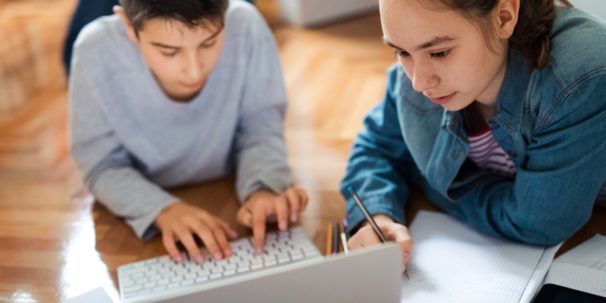Learning is the process of gaining new knowledge, new skills, behaviors, practices, orientations, and values. Humans possess the ability to learn; animals, plants, and someanimate machines also learn. The process of learning has different objectives, such as the acquisition of language or mathematical knowledge, or the improvement of behavior. Some people learn by repeating activities that they have already mastered, while others strive to improve on their performance. Others are self-taught through textbooks and other media.

Self-learning refers to an individual's efforts to acquire knowledge that has already been learned by another person. One's own knowledge may be deficient or inaccurate, or simply not understood well by other learners. This can occur because of inadequate exposure to relevant information, a limited attention span, or because the learner is struggling to grasp something new. In these cases, a student must work to enhance his understanding of the subject or topic. Self-learning can also happen unconsciously, through repetition of ideas, experiences, or thoughts (illusory beliefs) that have been absorbed by the learner. Some learners are naturally better at receiving new information than others are, so they may need more direct feedback from someone to help them improve their learning.
Students who have already absorbed the majority of their regular curriculum may be at an advantage to take independent studies, since their long-standing routines and habits make it easier to retain what they already know. However, independent studies require the student to pay special attention to their learning and apply it to their lives. Learners who do not follow a learning process established by others will have a hard time learning effectively on their own. They will also be slower to assimilate new concepts into their existing patterns of thought.
The main goal of independent study is to promote a controlled environment in which the learner can actively participate in the development of their learning. An atmosphere of active involvement promotes a more flexible approach to learning, while at the same time providing support for the learner. Students benefit from taking part in the independent study of their favorite topics because they can actively participate in the analysis of their own learning and make changes if they do not understand something.
To facilitate independent study, teachers should provide opportunities for the students to interact with each other. It is beneficial for the learner to take part in discussions, group projects, debates and group projects with other students. Such interaction allows the learners to gain insights from each other's mistakes and help each other to grow as learners. It also encourages the learner to apply what he or she has learned to solve real-life problems. Teachers can encourage independent study by giving their students' practical exercises and examples that allow them to apply what they have learned in a real-life context.
Teachers should remember that their students are unique individuals who have their own needs and habits. It is important for them to know how to tailor lessons to meet the needs of each individual student. In this regard, it is advisable to consider the different preferences of students and customize lessons to suit them. Some students may prefer to learn about one topic independently, while others may learn better by interacting with others and participating in group projects.
The process of effective teaching for independent learners requires teachers to think carefully about how they would plan lessons for each student depending on their specific needs and learning styles. Different types of independent study include guided reading, role-playing, imitation, simultaneous interpretation and narrative reading. Given the right circumstances, each of these learning styles can be useful in helping a learner understand and retain information. Learners can benefit from having a teacher give independent study instructions to a group. This enables the students to get a chance to work according to their schedule and pace.

Independent study requires careful planning by the teacher. In order to ensure that the independent study process promotes learning and not frustration and unhappiness among students, the teacher should incorporate suitable instruction methods into the lesson plan. The planning process includes considering the age and level of each individual student in order to tailor lessons to suit him. A good training program will use positive reinforcement, time-out and alternative teaching methods to ensure that students are motivated to learn and retain information.